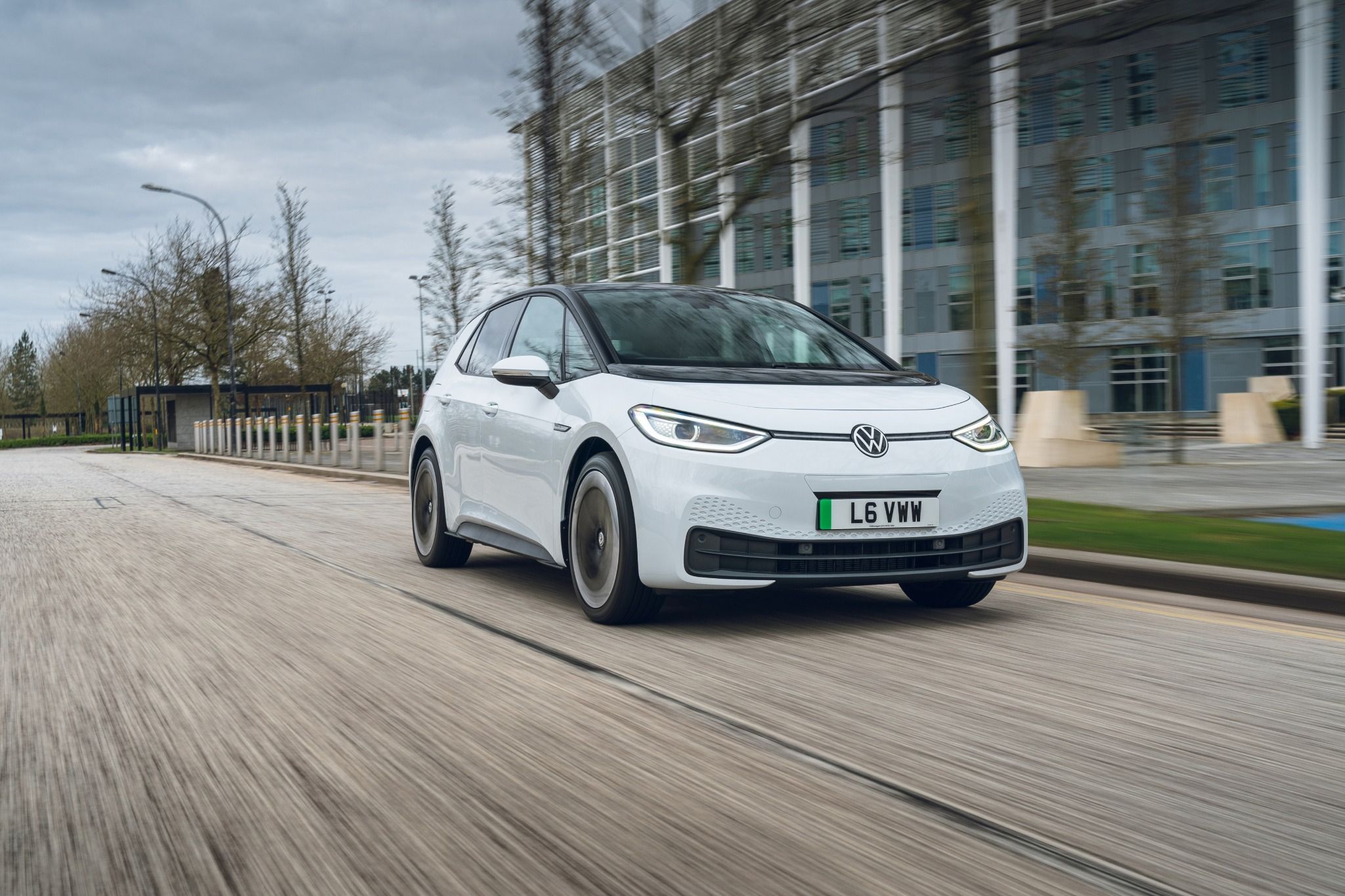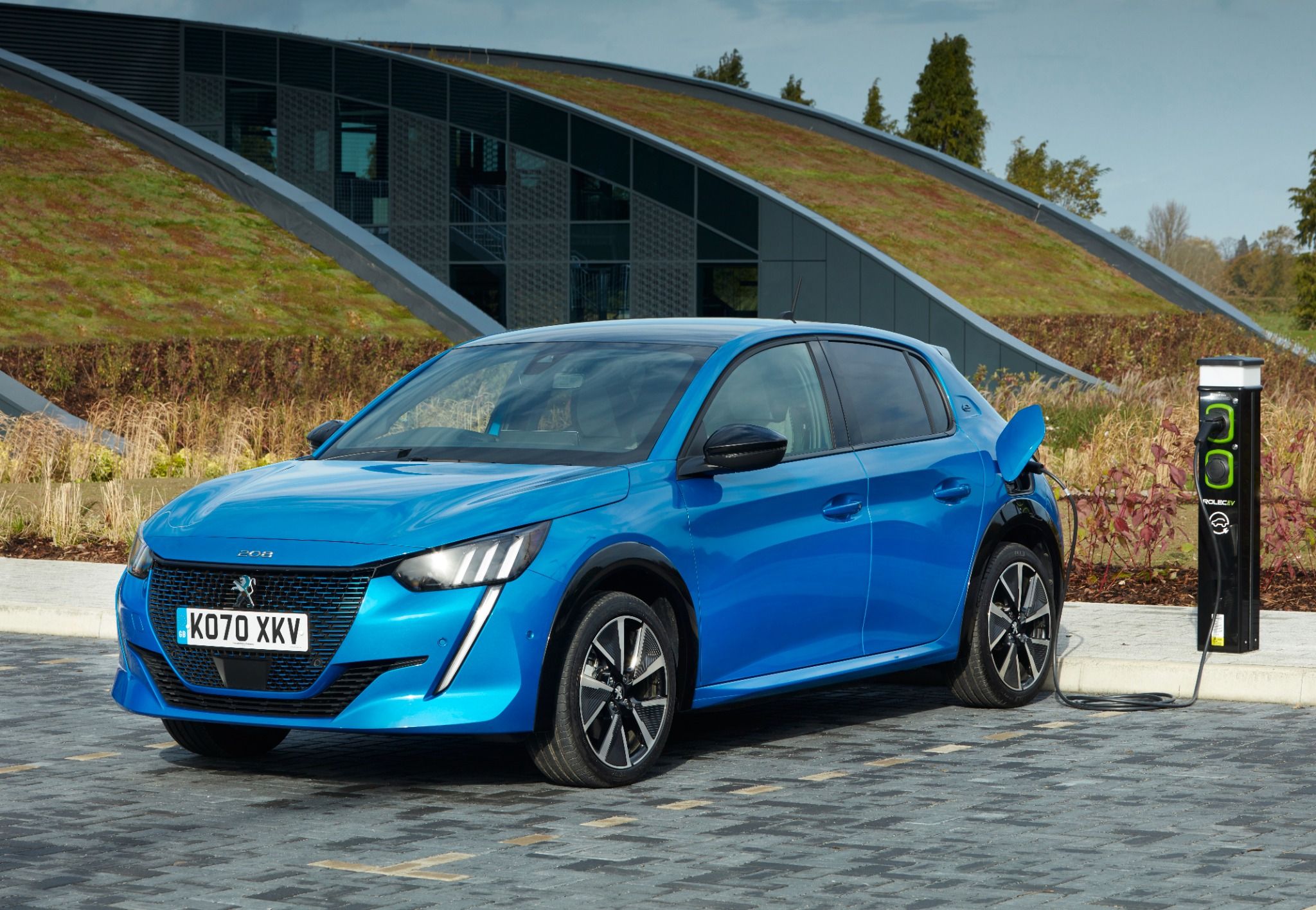Here we look at what you need to know
Electric cars bring with them many perks. There’s the fact you’re helping to reduce pollution as there are no tailpipe emissions, while there can also be financial benefits, too.
One of these is the fact EVs have always been exempt from vehicle excise duty (VED), sometimes known as road tax or car tax. However, in last year’s Autumn Statement, it was announced this would come to an end in 2025.

When will EVs have to start paying VED?
If you own or have recently purchased an EV, you don’t need to worry too much as these changes are still a few years away, and won’t apply to electric cars, vans and motorcycles until April 2025.
How much VED will I need to pay on a new electric car?
If you buy a brand-new EV on or after April 1, 2025, these models will still sit at the lowest first-year VED rate. This currently applies to vehicles with CO2 emissions of 1-50g/km, and amounts to just £10 a year. This may change before 2025, however.
What about VED for used electric cars?
After this first year is up is when you’ll notice the price of VED increases more. That’s because the system will move to tax electric vehicles in the same way that petrol and diesel vehicles do currently, with a flat rate of £165 a year. This applies to all EVs registered after April 1, 2017.
For EVs with a list price of more than £40,000 when new, though, these will be subject to an ‘Expensive Car Supplement’ in the same way as petrol and diesels do. This is an additional £310 charge (on top of the £165 rate), that is paid for the first five years after initial registration, up to the vehicle is six years old.
Electric cars registered up until the end of March 2017 will be charged in a slightly different way, as are other petrol and diesel models of this age, which was taxation based purely on emissions. So EVs will move from VED band A to B, and will pay £20 a year.
What about electric vans and motorbikes?
Electric commercial vehicles and motorbikes are not exempt from these charges either, unfortunately.
Zero-emission vans, from April 2025, will move into the same flat rate that petrol and diesel vans currently pay, which is currently £290 a year.
As for motorbikes, these will be taxed as if they’ve got the smallest engine size, which is currently £22 a year.
Is company car tax changing for electric cars?
Many have chosen electric cars as company cars because of the attractive Benefit-in-Kind rates for these models.
These incentives will continue after April 2025, too, with these BiK rates for cars emitting 75g/km or less only increasing by one per cent a year, starting in 2025-26.
Why are the changes being made?
With a growing number choosing electric cars (almost a third of new cars registered in December were EVs), there’s an increasing funding blackhole being caused by EVs, which is being addressed here to plug the finances.
The government’s official line is that it’s being done to make “our motoring tax system fairer”.
